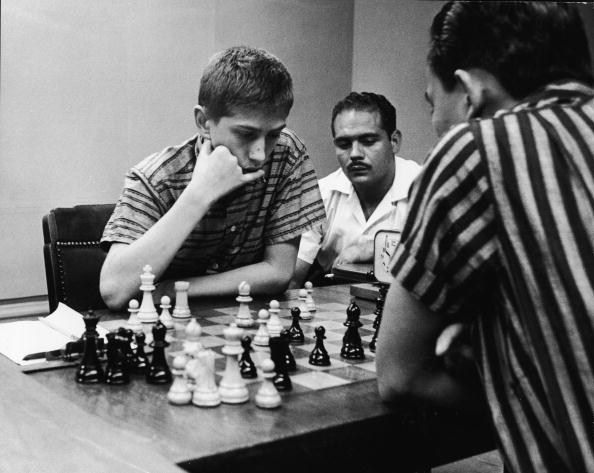‘Creativity’ is one of the most over-used and most mistreated words in advertising. Ideas can come from anywhere and anyone, says Diego De Aristegui

I joined the ad industry about four years ago with a faint idea of what it was about. I had previously been accidentally working as a tax consultant at one of the top four auditing companies in Beirut.
My first corporate title was senior communication executive and the list of respon-sibilities was clear. But there was one that was vaguely inspiring: ‘some-thing something… nurture ideas…something something’. I was reassured this is exactly what I dropped everything for. Day in and day out I’ve had the privilege to intrinsically be part of – and sometimes be the instigator of – this almost indefinable ritual that is ideation.
But, sadly, creativity is one of the most abused terms in the industry. It is treated either as the exclusive product of pre-packaged academia or a weird genome gifted to a certain per centage of the global human population. In everyday terms, if you’re not a creative then you ain’t crea-tive. A cliché dating back to before our world got a little bit smarter. It is still widely promoted both directly and indirectly in this region, where none of us fight it enough and too many of us feed into it without even thinking (the media included).
In an industry that traditionally glorifies titles versus people, it is the responsibility of each one of us in this great circus, irrespective of academia, titles or great genetics to start reflecting how far this industry has evolved in terms of a new, rich and diverse human capital that is ever more symbiotic.
The departmental model may remain in place forever. It certainly has its merits. But the ability to come up with ideas that we can all be proud of can naturally surge from everywhere, anywhere, and anyone. A ‘natural surge’ would occur, if you will, in the presence of two core ingredients: an insatiable hunger to work that creative muscle and an environment that nurtures that hunger.
It has been said before that creativity is a muscle you need to work on with a Spartan willpower. For a muscle to develop, it must suffer a repeated force that it is not used to. In other words, your mind needs to get seriously uncomfortable.
A great historical example of how someone trained his mind to achieve greatness is chess player Bobby Fischer. He quit high school and physical contact with the opposite sex to develop that creative chess muscle. But he mainly trained based on existing theory and so had a trademark set of ini-tial moves. It is only at the apex of his battles against arch nemesis Boris Spassky in a secluded Helsinki ping-pong room that he decided to get creative by getting outside of his comfort zone by opting for the untried, the odd, the new, and most proba-bly the uncomfortable. He not only won against Boris for the first time but ended up crushing him and consequently making history. While we may not all make history, it is worth trying the untried and seeing what happens.
But while you may have the strongest willpower and can actually produce fantastic ideas, it amounts to nothing without a nurturing environment. You simply can’t do it alone. This is a people business and the better-intentioned minds you have in the mix, the crazier the experience and the richer the outcome. There’s nothing worse than making a person, irrespective of their title, feel that they are not supposed to do this or – even worse – that they can’t do it.
Anyone in this industry – or anyone who wants to join it – has the ability to define it. You just need to want it badly enough.









